Financial Budget
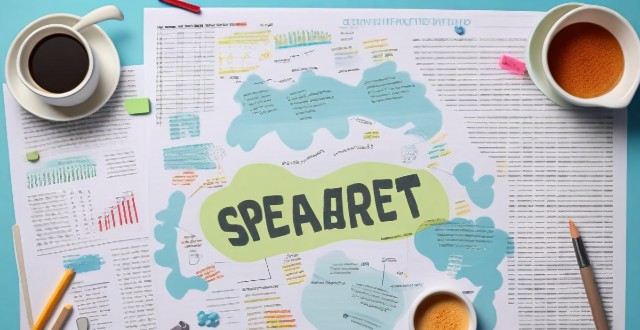
What are the best practices for setting a personal budget ?
The article outlines best practices for setting a personal budget to achieve financial stability and success. It suggests determining income, listing expenses, setting financial goals, creating a budget plan, tracking spending, and adjusting the budget as needed.

In what situations is it important to involve a financial advisor in budget planning ?
Involving a financial advisor in budget planning is crucial during significant life events, large investments, debt management, retirement planning, and tax planning. A professional can help develop a budget that meets short-term needs while achieving long-term goals.

How can I stick to my budget without feeling deprived ?
Sticking to a budget is easier when you don't feel deprived. Here's how to do it: 1. **Set Realistic Goals**: Break down your financial goals into smaller, more manageable ones and make them specific and measurable. 2. **Prioritize Your Expenses**: Categorize your expenses into essential and non-essential, and differentiate between needs and wants. 3. **Find Alternatives**: Consider DIY projects and buying used items instead of new ones to save money. 4. **Track Your Spending**: Use budgeting apps or visual aids to monitor your expenses and progress toward your financial goals. 5. **Reward Yourself**: Allow yourself small treats for sticking to your budget and plan larger rewards for achieving long-term financial goals. 6. **Stay Motivated**: Keep reminders of your financial goals visible and share your goals with friends or family members who can provide support.

How can I ensure that my education budget plan is sustainable in the long term ?
Proper planning and management of an education budget are crucial for ensuring its long-term sustainability. Here's how you can achieve that: * Establish clear goals that are specific, measurable, achievable, relevant, and time-bound (SMART). * Conduct a thorough analysis of your current financial situation, projected costs, and sources of funding. * Create a comprehensive plan that includes budget allocation, revenue streams, and expense tracking. * Review and adjust the plan periodically to adapt to changes in personal circumstances, market conditions, or educational requirements. * Seek professional advice from financial advisors and education counselors to ensure the best outcomes.

What are some common pitfalls when creating a household budget ?
When creating a household budget, people often fall intoWhen creating a household budget, people often fall into can lead to financial difficulties and people often fall into common pitfalls that can lead to financial difficulties and make it harder to achieve financial goals. These pitfalls include not tracking expenses, underestimating expenses, ignoring debt repayment, failing to plan for emergencies, and overspending on non-essentials. To avoid these mistakes, people should keep track of all expenses, be realistic when estimating expenses, prioritize paying off high-interest debt, set aside money for emergencies, and limit discretionary spending. By avoiding these pitfalls, people can create a budget that works for them and helps them achieve their financial goals.

How can I avoid impulse buying and stick to my budget ?
Impulse buying is a common problem for many people, but there are strategies you can use to avoid it and stick to your budget. Creating a budget, setting financial goals, using cash instead of credit cards, avoiding temptation, and practicing mindful spending are all effective ways to control your spending and achieve your financial objectives. By implementing these strategies, you can take control of your finances and make progress towards your long-term goals.

What are some common mistakes people make when planning an education budget ?
Planning an education budget is crucial for achieving academic and professional goals, but common mistakes can cause financial difficulties. Mistakes include underestimating costs by failing to account for all expenses or ignoring hidden fees, overlooking future opportunities like extracurricular activities or networking events, misjudging financial aid and scholarships, disregarding potential income sources such as part-time work or skill-based services, and inadequate contingency planning without an emergency fund or considering changes in personal circumstances. Avoiding these pitfalls can lead to a more realistic and effective education budget that supports your academic journey without unnecessary stress or debt.

How can I create an effective education budget plan ?
Creating an effective education budget plan involves identifying educational goals, determining expenses, evaluating financial resources, creating a budget timeline, tracking spending, and reviewing and revising the budget regularly. This process helps ensure that you have the necessary funds to cover your educational expenses while achieving your academic objectives responsibly.
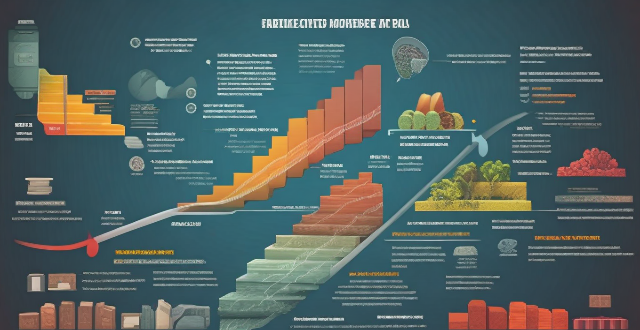
How do I create a budget plan for my small business ?
This guide provides a step-by-step approach to creating a budget plan for small businesses, emphasizing the importance of defining business goals, analyzing financial data, categorizing expenses, setting realistic revenue projections, determining break-even points, and allocating funds accordingly. It also stresses the need for regular monitoring and adjustments to the budget, along with tips for effective budget management such as staying flexible, using budgeting tools, seeking professional advice, communicating with the team, and reviewing past budgets.
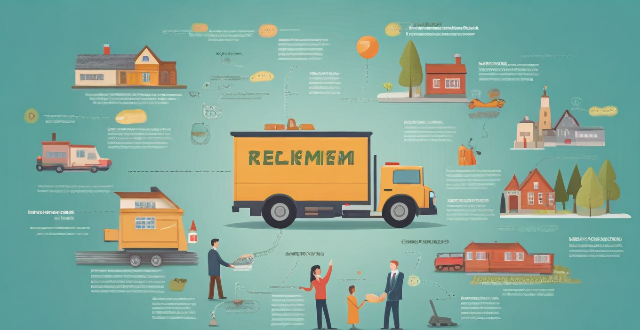
How can I track and monitor my education budget plan effectively ?
Effectively tracking and monitoring your education budget plan is crucial for managing finances and achieving academic goals without unnecessary debt. Strategies include setting clear goals, creating a comprehensive budget, using financial tools, regularly tracking expenses, making adjustments as needed, and seeking professional advice when necessary. Following these steps can help you stay on track financially while pursuing your academic objectives.
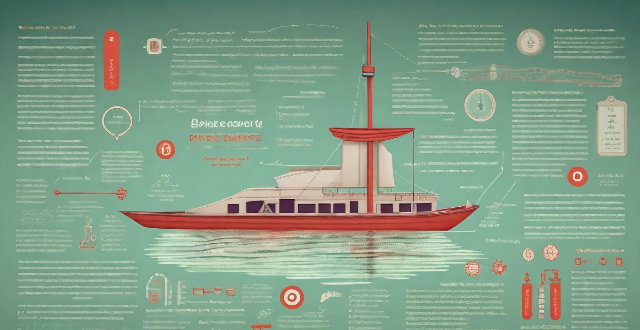
What are some tips for managing an education budget effectively ?
The article provides effective tips for managing an education budget, including creating a budget plan, tracking spending, looking for scholarships and grants, considering part-time work or freelancing, reducing unnecessary expenses, and planning ahead for future expenses. It emphasizes the importance of staying organized, prioritizing expenses, and seeking out funding opportunities to ensure that students have the resources they need to succeed in their academic pursuits.

How can I maintain my financial freedom once I achieve it ?
The text discusses strategies for maintaining financial freedom, including creating a budget and sticking to it, building an emergency fund, investing wisely, living below one's means, and continuously learning and growing. It emphasizes the importance of discipline, planning, and effort in sustaining financial independence.

What are the key factors to consider when planning an education budget ?
The text provides a comprehensive guide on the key factors to consider when planning an education budget. These factors include student population, curriculum and program offerings, faculty and staff salaries, infrastructure and maintenance costs, technology and digital learning tools, professional development opportunities, student support services, community partnerships and collaborations, and contingency funding. By considering these factors, one can create a budget that meets the educational needs of students while staying within financial constraints.

How do I plan a backpacking trip on a budget ?
This guide outlines how to plan a budget-friendly backpacking trip by defining a realistic budget, choosing an affordable destination, traveling during off-peak season, opting for budget accommodations, cooking own meals, using public transport, engaging in free activities, packing light, staying connected affordably, and not skimping on trip insurance. It emphasizes the importance of research, flexibility, and openness to new experiences for a memorable adventure without financial strain.

How do I manage unexpected expenses within my budget ?
Unexpected expenses can be managed within your budget by establishing an emergency fund, reviewing and adjusting your budget, prioritizing expenses, considering short-term solutions, negotiating and seeking assistance, avoiding taking on debt, planning for future expenses, and staying vigilant with your budget. Start small with saving for emergencies, identify non-essential expenses to cut back on, prioritize essential expenses, consider side hustles or selling unused items for extra income, negotiate bills and seek assistance when needed, avoid high-interest loans, learn from past experiences to anticipate future expenses, and regularly review and adjust your budget as circumstances change.

What are some resources available to help me with education budget planning ?
Education budget planning is crucial for managing finances and ensuring sufficient funds for educational expenses. Various resources are available to assist in this process, including government websites, college websites, scholarship search engines, financial aid consultants, online tools, and personal finance apps. These resources provide information on financial aid, scholarships, grants, loans, tuition fees, payment plans, and personalized guidance for securing funding. By utilizing these resources, individuals can effectively plan their education budget and achieve their academic goals.
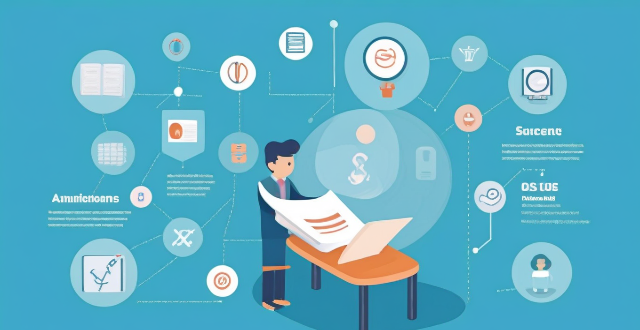
Is there a specific formula for allocating funds in a startup budget ?
This guide provides a structured approach for startup budget allocation, emphasizing the importance of understanding the basic components of a budget and key areas of investment such as product development, marketing and sales, operational expenses, and contingency funds. It suggests following the 50/30/20 rule as a starting point and emphasizes the need for regular reviews and adaptability to ensure scalability and growth.
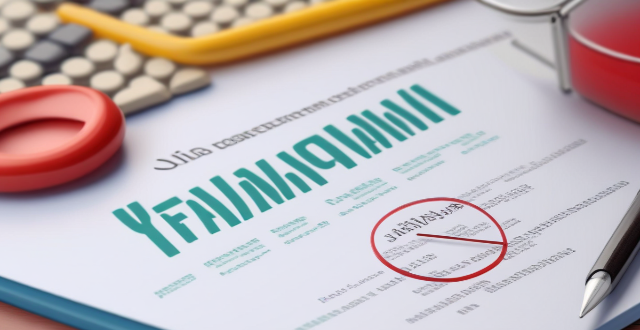
What role does budgeting play in financial planning ?
Budgeting is crucial for financial planning, helpingBudgeting is crucial for financial planning, helping-term goals by tracking income helping individuals and businesses achieve long-term goals by tracking income, expenses, and savings. It aids in setting goals, tracking expenses to cut back on spending, allocating resources effectively, managing cash flow, and reducing financial stress. By creating a realistic budget and sticking to it, individuals and businesses can maintain a healthy financial status and achieve their short-term and long-term objectives.

In what ways does financial literacy affect personal finance management ?
Financial literacy is crucial for managing personal finances effectively, as it helps individuals understand basic financial concepts, promotes prudent budgeting and spending habits, shapes savvy saving and investing strategies, and facilitates efficient debt management.

Which iPhone apps are the best for managing finances ?
The article discusses the best iPhone apps for managing finances, including Mint, You Need a Budget (YNAB), PocketGuard, Goodbudget, and Acorns. Each app is described in terms of its key features, pros, and cons. The selection criteria for choosing the right financial management app are also provided, such as financial goals, ease of use, features, cost, and security.

How can I achieve financial freedom ?
Financial freedom is a state where an individual has enough savings, investments, and cash flow to live comfortably without depending on a regular job. It requires careful planning, discipline, and patience. This guide provides strategies for achieving financial freedom, including setting clear goals, creating a budget, building an emergency fund, paying off high-interest debt, investing wisely, increasing income, and living below your means. By following these strategies, you can take control of your finances and work towards achieving financial freedom over time.

What role does financial literacy play in achieving wealth growth ?
Financial literacy is essential for wealth growth, encompassing budgeting, saving, investing, retirement planning, and credit management. By understanding these aspects, individuals can make informed financial decisions, reduce debt, build wealth, and achieve long-term financial stability.

What are the best budget-friendly family meals ?
When it comes to feeding a family on a budget, there are plenty of delicious and nutritious meal options that won't break the bank. Here are some of the best budget-friendly family meals: 1. Spaghetti with Meat Sauce 2. Chicken Stir Fry 3. Baked Potatoes with Toppings 4. Tacos 5. Roasted Vegetables and Quinoa Salad

How can I find the best holiday gifts within a specific budget ?
Finding the best holiday gifts within a specific budget can be challenging, but with careful planning and research, it is possible. Set your budget, make a list of people to buy for, research gift ideas, compare prices, consider alternatives to traditional gifts, start early, and use credit card rewards to find great gifts that won't break the bank.

What are some effective methods for teaching financial literacy to young adults ?
Financial literacy is a crucial life skill that every young adult should possess. It involves understanding how to manage money effectively, make informed financial decisions, and plan for the future. Here are some effective methods for teaching financial literacy to young adults: start with the basics, use interactive learning tools, encourage real-world practice, and provide access to financial professionals.
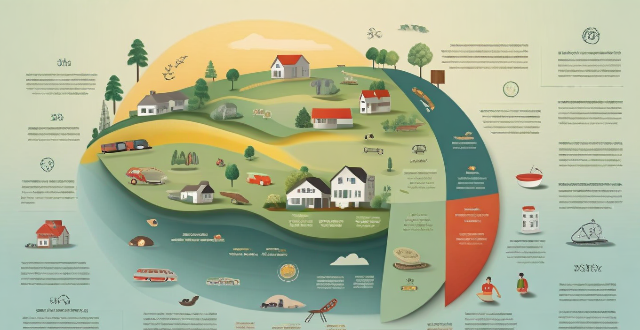
Can anyone achieve financial freedom ?
Financial freedom, a state where one's passive and active income covers living expenses without regular time-for-money exchanges, is a goal many strive for. Key factors for achieving it include education, saving habits, smart investing, debt management, multiple income streams, avoiding lifestyle inflation, long-term planning, and the right mindset. Actionable steps include budgeting, automated savings, early investing, continuous learning, and networking with like-minded individuals. While not everyone may achieve financial freedom due to varying circumstances, it is attainable for those who are committed and strategic in their approach.

What are some common misconceptions about personal finance that financial education aims to correct ?
The text discusses common misconceptions about personal finance, such as the belief that saving is more important than investing and that credit cards are inherently bad. It also touches on the perceived tedium of budgeting, the underestimation of life insurance's importance, and the notion that retirement savings are unattainable for some. Moreover, it dispels the myth that all investments carry high risk and emphasizes the necessity of having a will. Overall, the article highlights how financial education can correct these misguided beliefs and help individuals manage their money wisely to achieve their financial objectives.

Can I retire early without jeopardizing my financial security ?
Retiring early is a goal for many, but it requires careful planning to ensure financial security. Key steps include assessing your current finances, setting clear retirement goals, creating a comprehensive plan, and seeking professional advice. By following these strategies, you can achieve early retirement without jeopardizing your financial well-being.

What are the key components of a comprehensive financial education program ?
A comprehensive financial education program should cover key components such as budgeting, saving, investing, and retirement planning to help individuals make informed decisions about their financial future. The program should teach understanding of income and expenses, creating a budget plan, the importance of saving, strategies for saving, basics of investing, types of investments, investment strategies, the importance of retirement planning, retirement accounts, and retirement strategies. By covering these components, individuals can improve their financial literacy and achieve their financial goals.
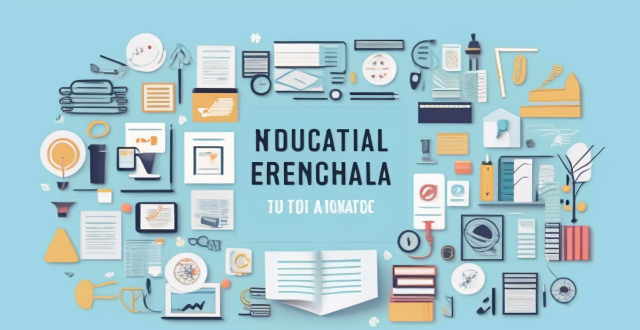
How can financial education help prevent debt ?
Financial education is crucial in preventing debt by empowering individuals with the knowledge and skills to make informed financial decisions. It covers understanding personal finance, smart borrowing practices, avoiding common pitfalls, and promoting healthy financial habits. By learning budgeting, saving, investing, credit score management, loan shopping, debt consolidation, and avoiding overspending, predatory lending, and credit card traps, individuals can reduce their risk of accumulating debt and enjoy greater financial stability and independence.